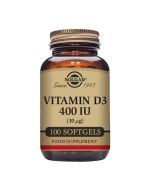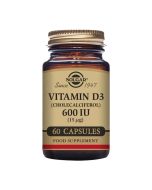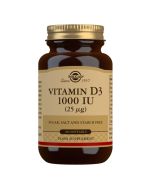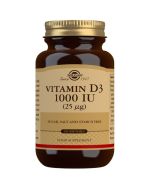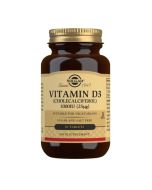
Vitamin D: Important At Every Age
By Girish Desai Pharmacist (GPhC 2019217)
Vitamin D is an incredibly important part of a healthy body’s nutrition. Vitamin D helps control the amount of phosphate and calcium in your body, which helps keep your teeth and bones healthy. We don’t always get enough vitamin D, and at various stages of life, a lack of it can lead to minor or more serious issues.
Here, we examine why vitamin D is important at different ages and how to make sure you get enough, looking at different forms of vitamin D and whether supplements are advisable.
What Is Vitamin D & Why Do We Need It?
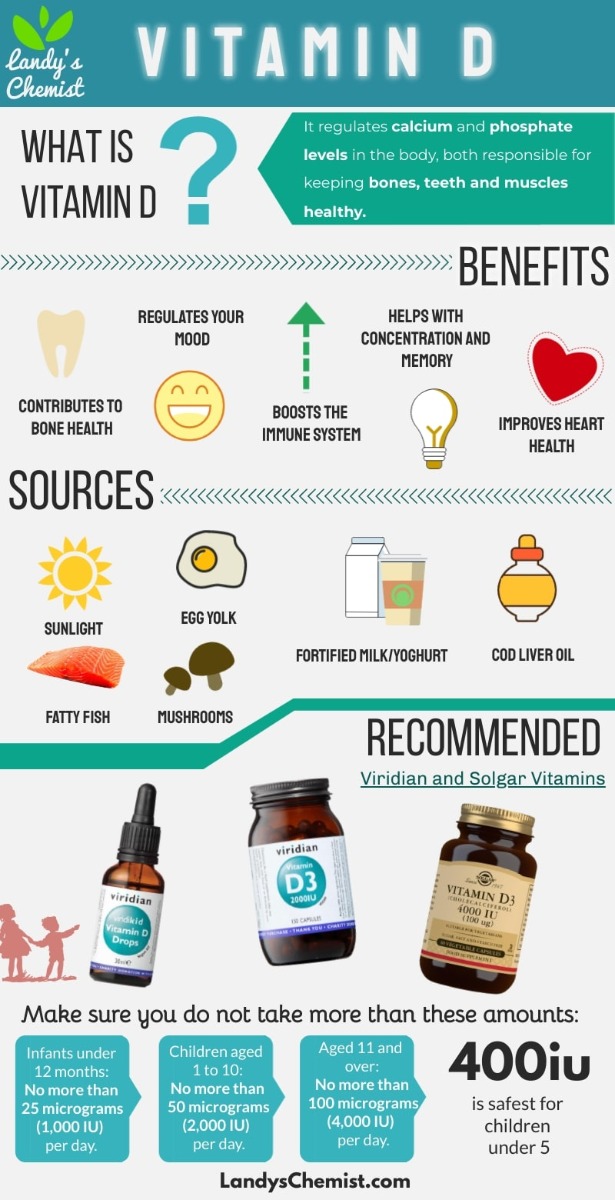
Take Vitamin D In The Morning
Vitamin D is best paired with high fat foods, so taking any supplements with a meal will serve your body well. Taking vitamin D in the morning with a healthy breakfast will not only help you remember to take it daily, there is evidence that taking vitamin D before bed can lead to restlessness and lower quality sleep.
Vitamin D For Babies & Young People

During Pregnancy
The NHS has debunked the myth that during pregnancy, parent and child need multivitamins. Instead, they only found evidence of folic acid and vitamin D being needed in additional doses. When pregnant, you are helping to create a new human, which means making bones from scratch. Vitamin D is key to strong and healthy bones.
A dose of 10mg of vitamin D daily is suggested throughout pregnancy and while breastfeeding, though increased amounts may be recommended by your GP. Even in healthy pregnant people with balanced diets, extra vitamin D via a supplement is encouraged.
If you are pregnant and looking to get more vitamin D, you can get it from oily fish and egg yolks. If you are a vegan or want to make sure you are getting your additional 10mgs, then you can take it in a range of forms, from tablets and powders to liquids.
Newborns: Breastfeeding & Formula Fed
It is recommended that newborns get 10mcg of vitamin D daily. This can be fed to a newborn with a sterilised spoon. Although you have the option of using a dropper to give a newborn their daily dose, it is not recommended as droppers are harder to sterilise and to measure amounts correctly with.
If you have a breastfeeding newborn or are the person breastfeeding them, additional vitamin D is recommended, as it is during pregnancy. Since these babies are getting all their nutrients from breast milk, additional vitamin D taken by the parent will pass to the child.
For parents who are bottle feeding their newborns with formula, there is no need to add vitamin D, as long as the baby is getting 500mls of formula per day – since formula should include all vitamins needed by newborns, in the doses required.
Toddlers
Children can be at risk of getting rickets, with a very small number of children being born with the condition, if they aren’t getting enough vitamin D. While cases of rickets largely disappeared in the 20th century, there has been a small rise in cases in the UK in the last few years.
Sunlight is the ideal source of vitamin D for children, but supplements are encouraged. Between the ages of 1 and 4, you should continue to give children a supplemental 10mcg of vitamin D. This can be taken as a liquid or dropper if tablets are too hard for young children to swallow. Depending on your circumstances you can get these free with the government’s Healthy Start scheme.
Children And Teens
During the spring and summer months, between March and September, most people in the UK get enough vitamin D from sunlight on their skin. If children or teenagers aren’t outdoorsy, or are housebound, then you may want to consider a visit to the GP to check that they are getting enough vitamin D and to help you decide if vitamin D supplements are needed.
Teenagers and children need strong bones, especially as they grow. As a result, making sure they get enough vitamin D in the winter months is very important. From the age of 5 onwards, a dose of 10mg daily between September and March each year is suggested.
Vitamin D For Adults & Older People

Adults
Everyone in the northern hemisphere runs the risk of not getting enough vitamin D. Adults can take 10mg of vitamin D daily, certainly between the winter months and if they have darker skin. Supplements can be taken in tablet form, as a soluble powder or liquid drops.
Those with darker skin, people of African, South Asian or African-Caribbean descent, will need to spend more time in the sun to get enough vitamin D, compared to lighter skinned people. Since everyone burns in the sun at different rates, you should be careful of being too exposed when outside soaking up the sun’s rays. Avoid sitting in the sun if possible, and use sunscreen as protection if you are sitting in the sun for long periods of time.
Also note that if you spend a lot of time indoors, either for work or preference, you won’t be able to absorb any vitamin D from sunlight through your windows. If you have to do this, consider supplements.
The Elderly
In advanced years, where bones become more susceptible to breakage, you might be tempted to assume that a larger dose of vitamin D is needed. For active elderly people, who are getting outside in the summer months, there is no need to take additional vitamin D tablets. As with adults, 10mg of vitamin d should be taken daily, during the winter months.
Elderly people, particularly those who are unable to leave their homes or who don’t have access to outdoor spaces, will find that vitamin supplements are a must. Vitamin D supplements can be taken in liquid or powder forms if pills are difficult to swallow. As with babies on formula, you may not need to take vitamin D supplements on their own if you are taking other multivitamins.
Vitamin D Is Valuable For All Ages

Whatever age and stage of life, a little help with getting enough vitamin D will help you to stay strong, and ensure you continue to have healthy teeth and bones. If you are lacking in access to sunlight, for any reason, then you should be adding vitamin D supplements to your daily diet.
Disclaimer
The products offered are not intended to diagnose, treat, cure, or prevent any illness or disease, or to replace the advice of a medical professional. Results are not guaranteed and may vary from individual to individual.




